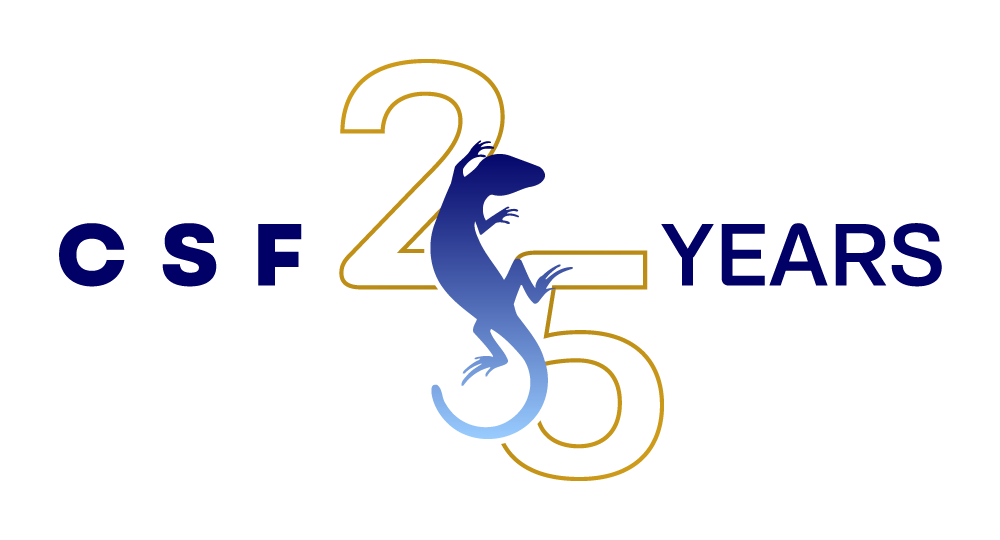A note from our
Executive Director
Scott
Edwards
History was made at the Kunming-Montreal in Montreal Global Biodiversity Conference in December last year with 190 countries signing the Global Biodiversity Framework (GBF), committing to 23 ambitious targets to reverse global biodiversity loss. In order to achieve these ambitious goals, countries will need to factor in the many services and values of nature into their development decisions. While at the Conference, I noticed the conservation community, governments and businesses recognizing that in order to protect our world for future generations, we can’t just focus on climate change. Yes, we need to sequester more carbon and we will need to remove harmful gasses from the atmosphere if we are ever to reach our Paris agreement targets, but protecting biodiversity plays an equally important role in a healthier planet – and the two threats of climate change and biodiversity loss must be dealt with in unison.
Because economic and ecological systems are interconnected, the most effective solutions to the climate and biodiversity crises will be the ones that take a systems-based approach and fully integrate the value of natural resources and their impacts on human health, well-being and the economy. Conservation Strategy Fund’s innovative solutions for these complex challenges involve a social science that specifically addresses human decision-making and resource distribution: economics.
As the world’s leading experts in conservation economics, CSF can be a key player across the world to support global conservation commitments. Our expertise in valuation, environmental impact assessments, financial mechanisms, cost-benefit analyses, and capacity-building can help reach every GBF target more effectively. With conservation economics frameworks in place, stakeholders can devise and enforce more strategic solutions as they will be driven by an understanding of human behavior- change and incentives.
Our work has historically been at the national level, yet these global efforts are inviting us into opportunities for international collaboration to share results and strategies across landscapes, such as with our Mining Impacts Calculator now being adapted for use in Suriname, Guyana, Brazil, Bolivia, Peru and Colombia. CSF is in position to scale our work by advising governments and companies on the planning, design and implementation of their climate related targets and their Kunming-Montreal Global Biodiversity Framework targets.
Each year our work becomes more relevant, urgent, and strategic. I see our 25th anniversary celebration as an opportunity to reflect on the solutions that are working, the hectares we have protected, the lives we have positively impacted, and the people in our global community who are working hard to include the “hidden market” of natural resources in our policies, and our choices as stewards of the earth.
I look forward to many more years of amplifying our impact by raising the use and literacy of conservation economics in the minds of policymakers, conservation leaders, and for-profit organizations.

Scott Edwards
“Conservation is a pursuit for people who are convinced that nature is the key rather than the obstacle to the security and well-being of people.”

